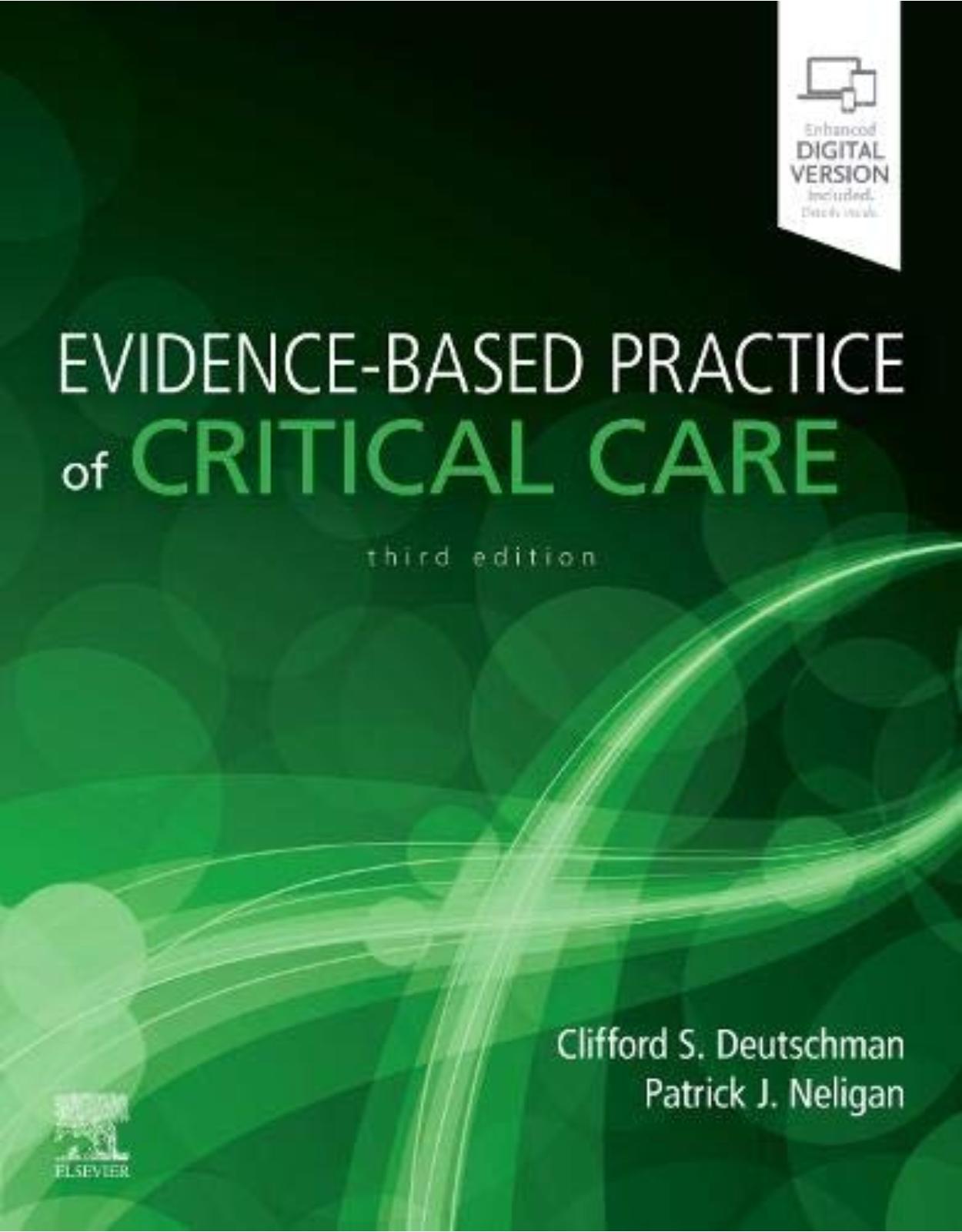
Evidence-Based Practice of Critical Care, 3rd Edition
Livrare gratis la comenzi peste 500 RON. Pentru celelalte comenzi livrarea este 20 RON.
Disponibilitate: La comanda in aproximativ 4-6 saptamani
Autor: Deutschman & Neligan
Editura: Elsevier
Limba: Engleza
Nr. pagini: 688
Coperta: Softcover
Dimensiuni: 21.6 x 2.5 x 26.7 cm
An aparitie: 15/10/2019
|
Description: Approach any critical care challenge using a practical, consistent strategy based on best practices with Evidence-Based Practice of Critical Care, 3rd Edition. Unique, question-based chapters cover the wide variety of clinical options in critical care, examine the relevant research, and provide recommendations based on a thorough analysis of available evidence. Drs. Clifford S. Deutschman and Patrick J. Nelligan, along with nearly 200 critical-care experts, provide a comprehensive framework for translating evidence into practice, helping both residents and practitioners obtain the best possible outcomes for critically ill patients. |
||
|
|
||
|
Section 1: Critical Care and Critical Illness |
||
| An aparitie | 15/10/2019 |
| Autor | Deutschman & Neligan |
| Dimensiuni | 21.6 x 2.5 x 26.7 cm |
| Editura | Elsevier |
| Format | Softcover |
| ISBN | 9780323640688 |
| Limba | Engleza |
| Nr pag | 688 |
-
1,61400 lei 1,44300 lei

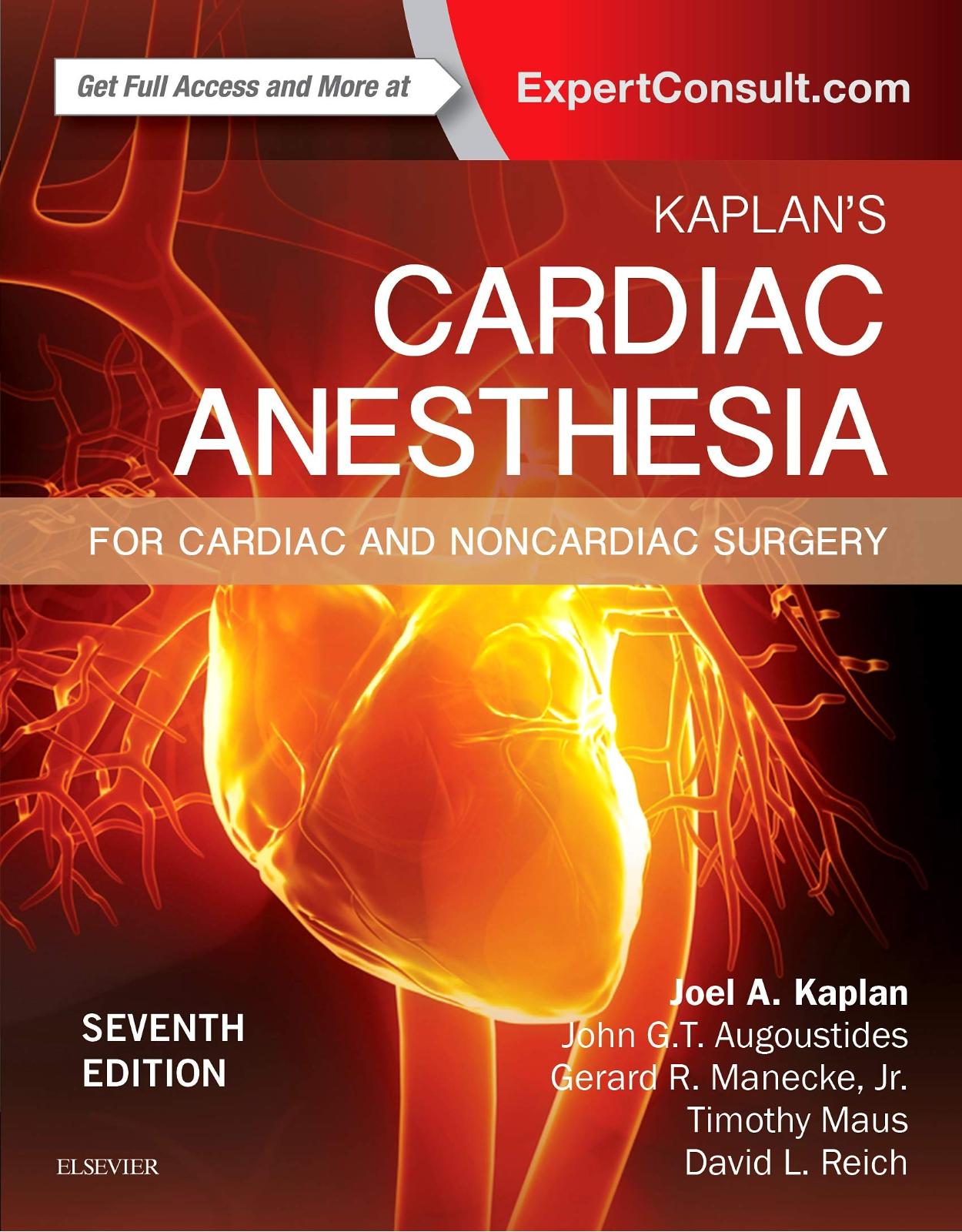
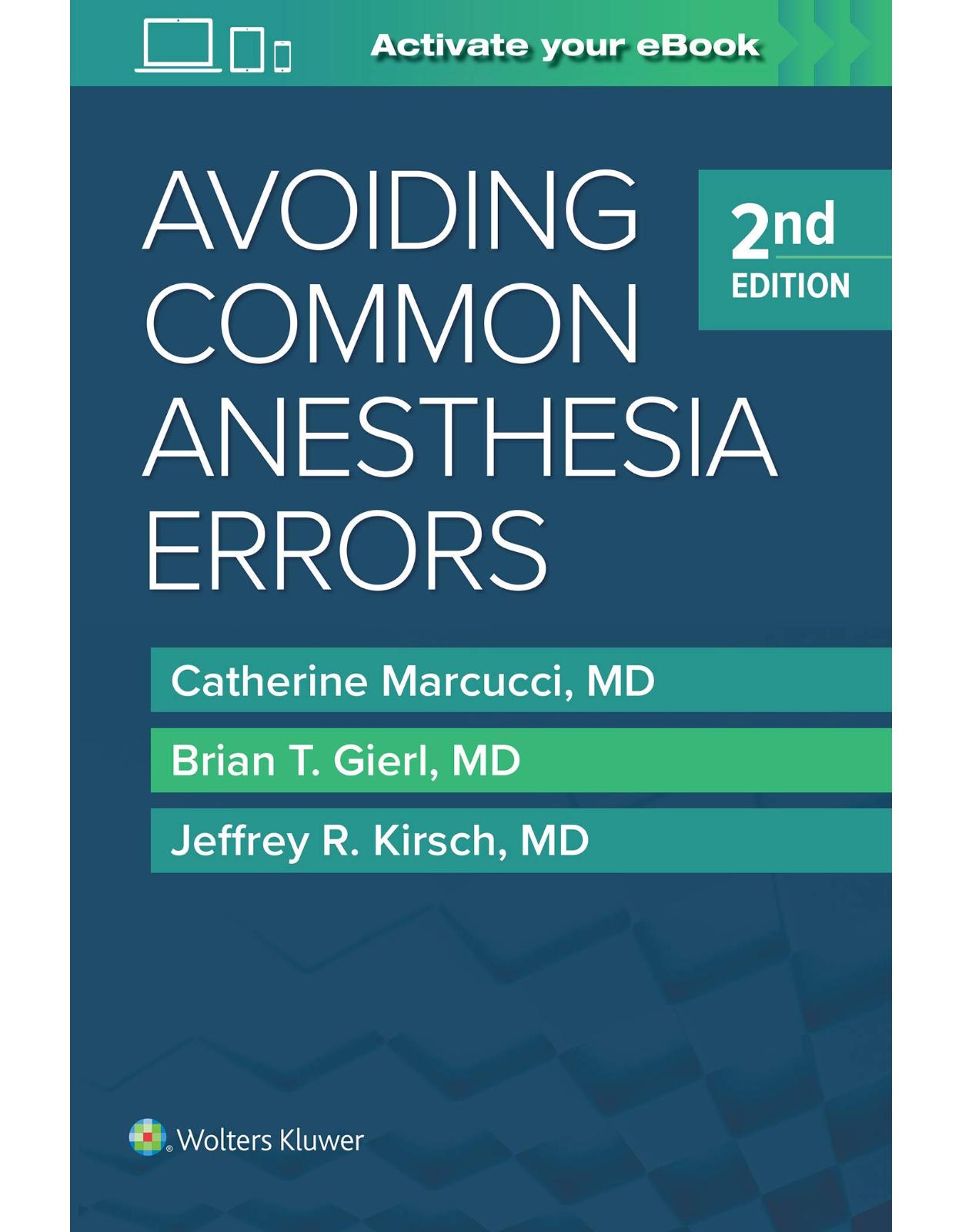
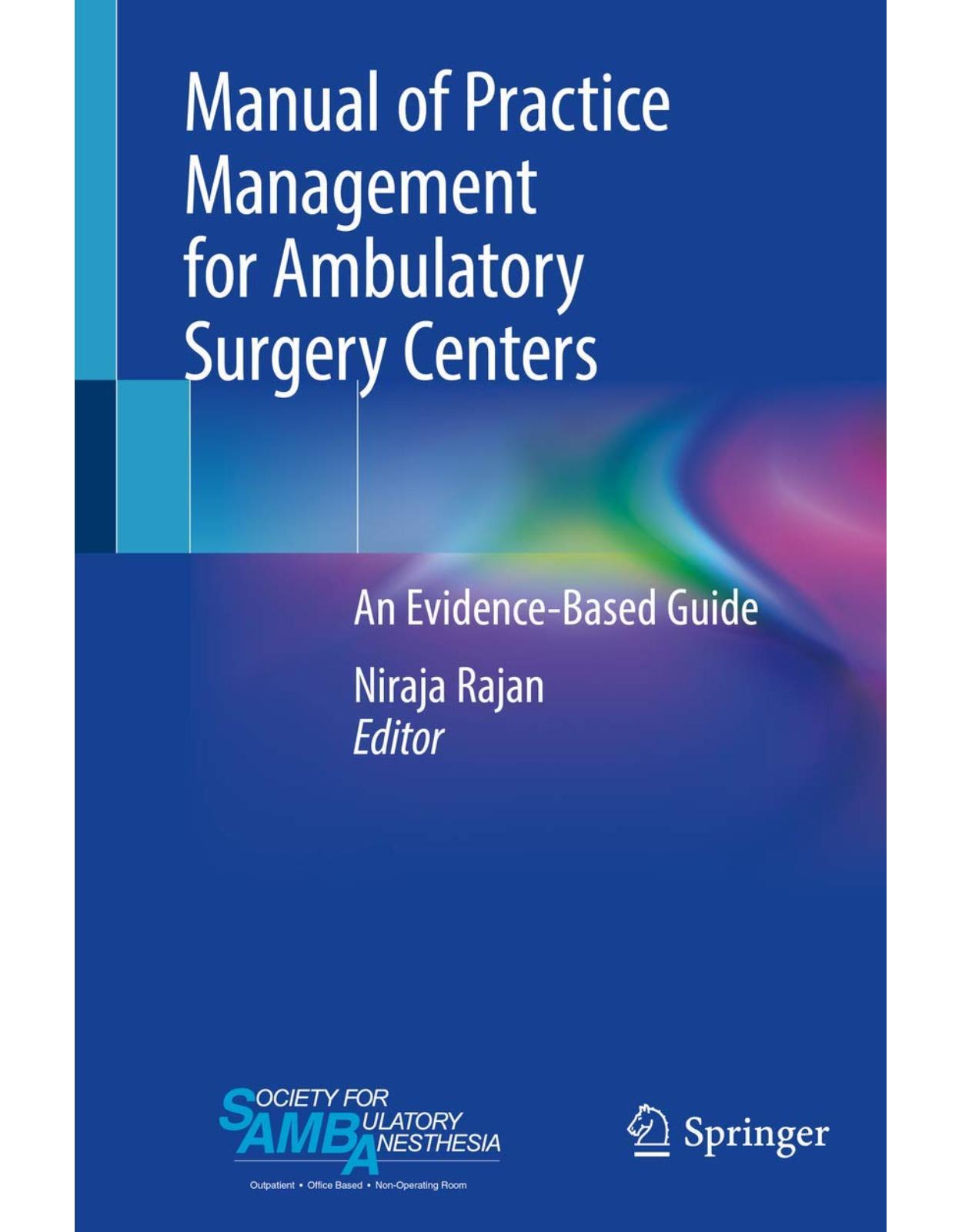
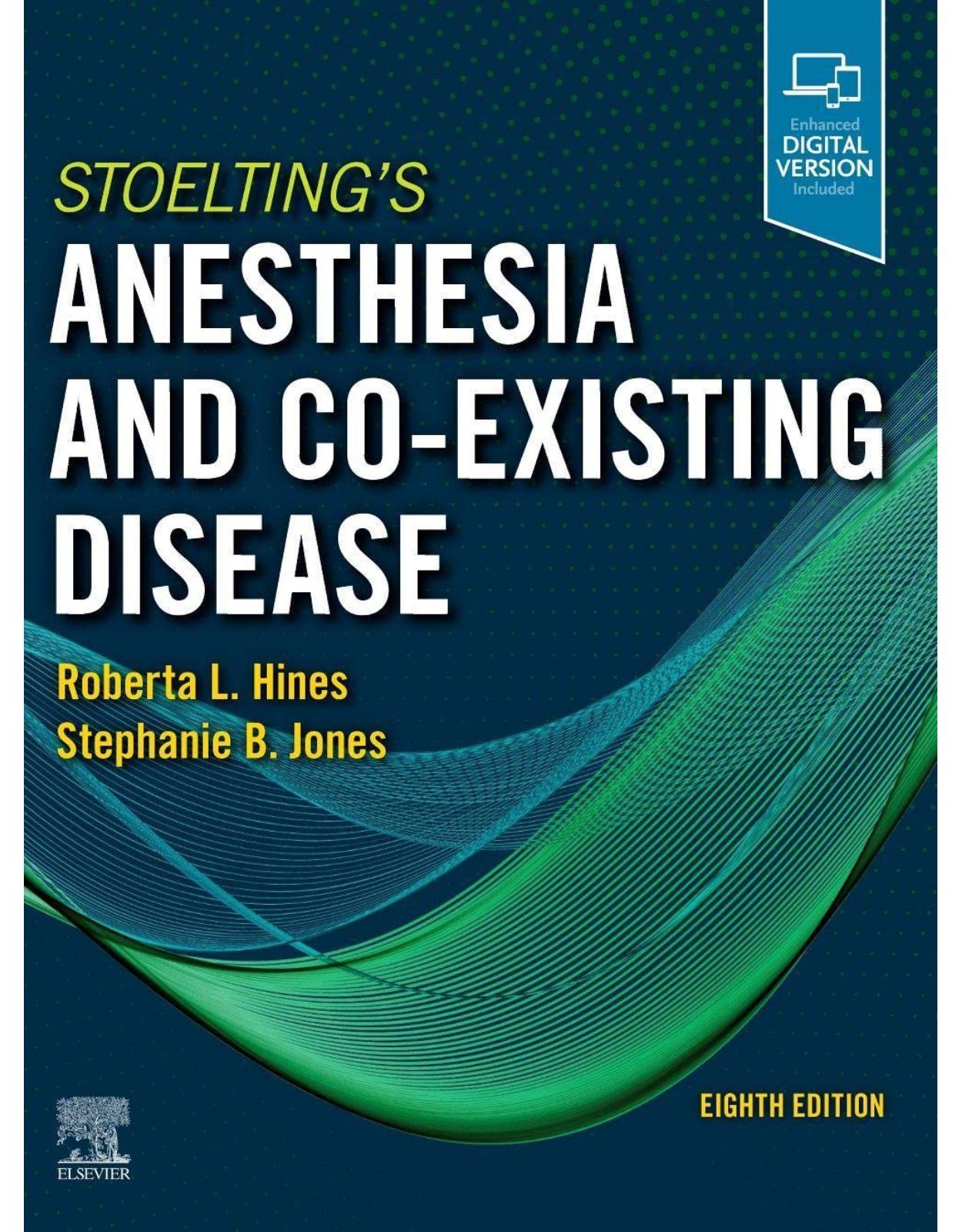
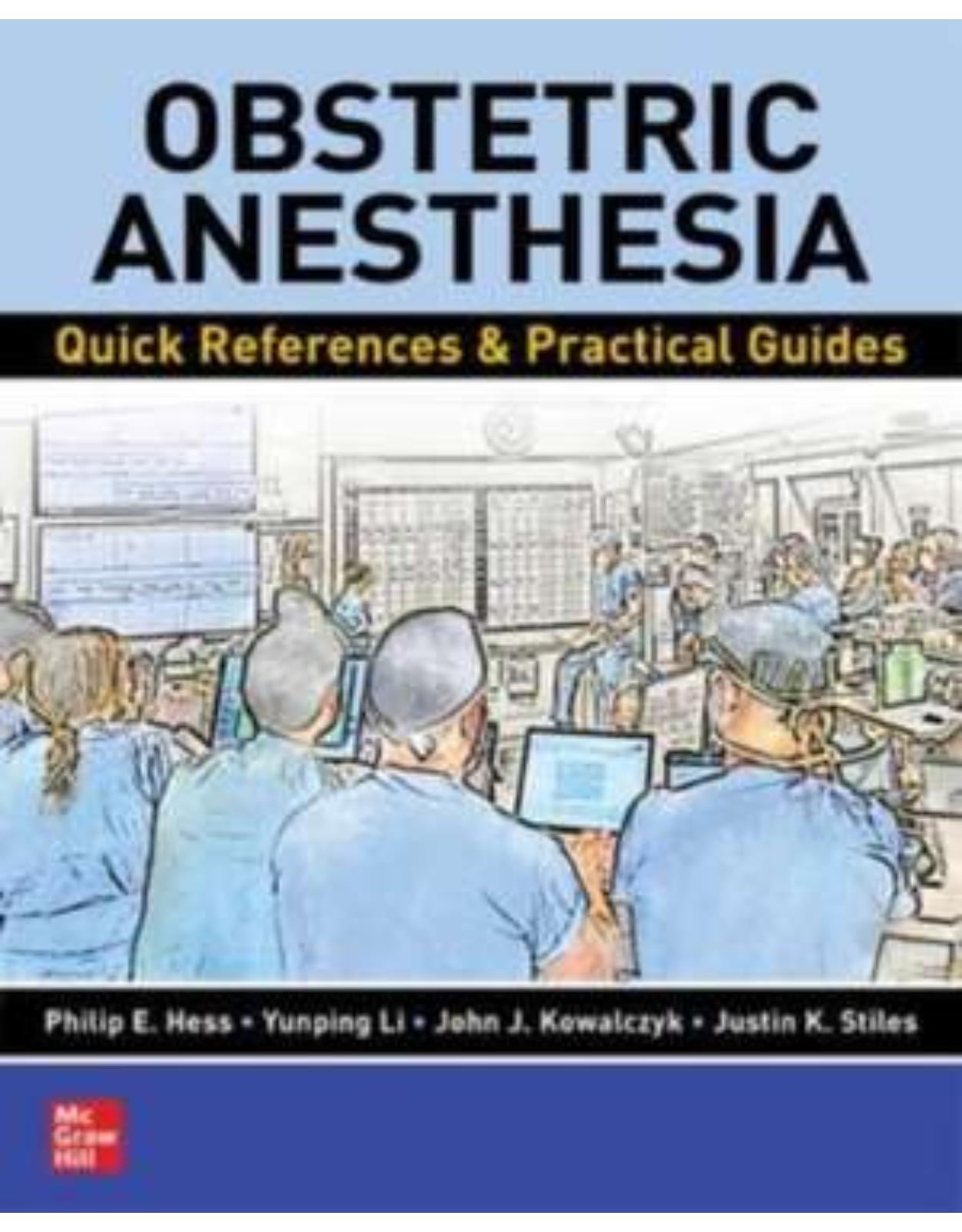

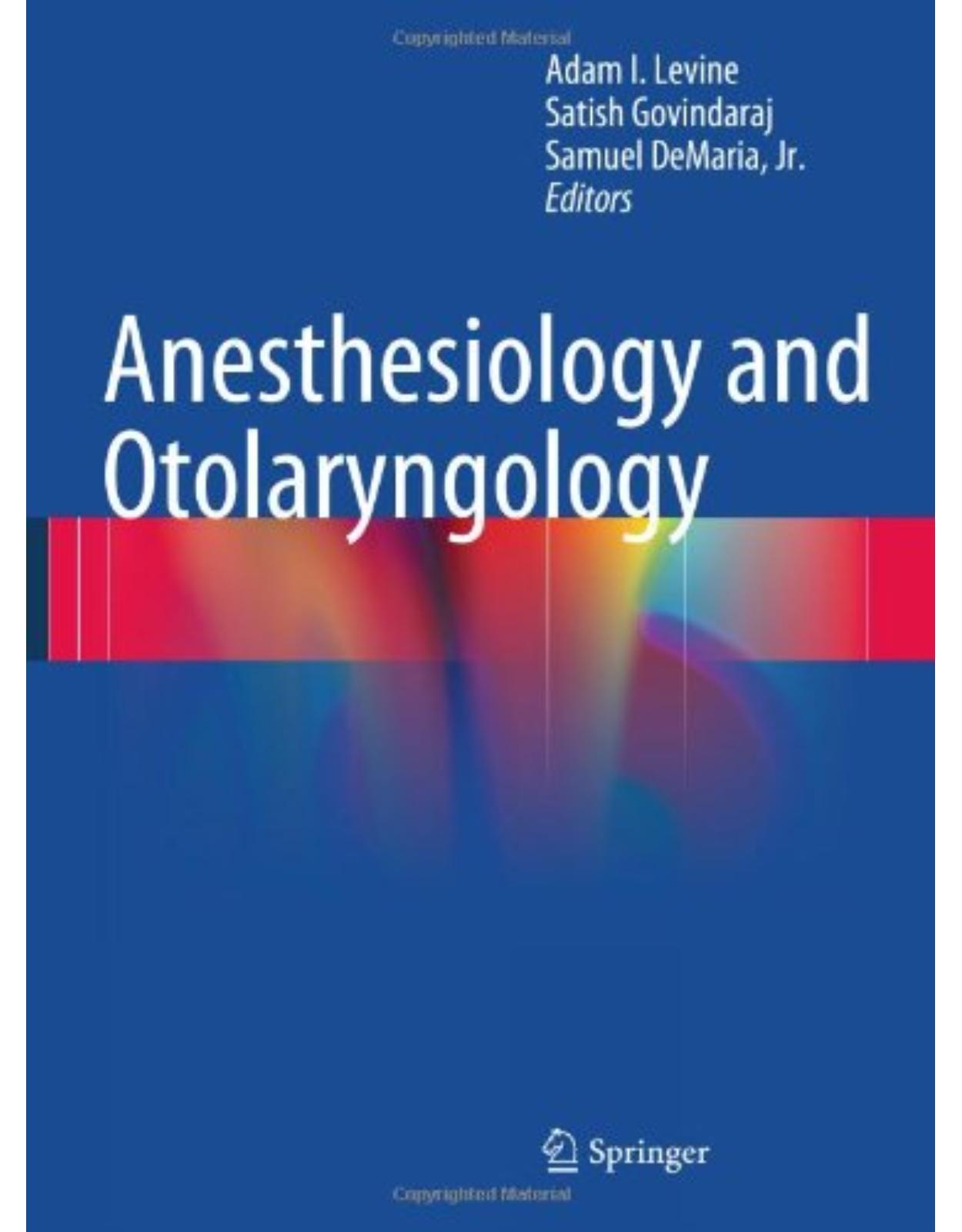
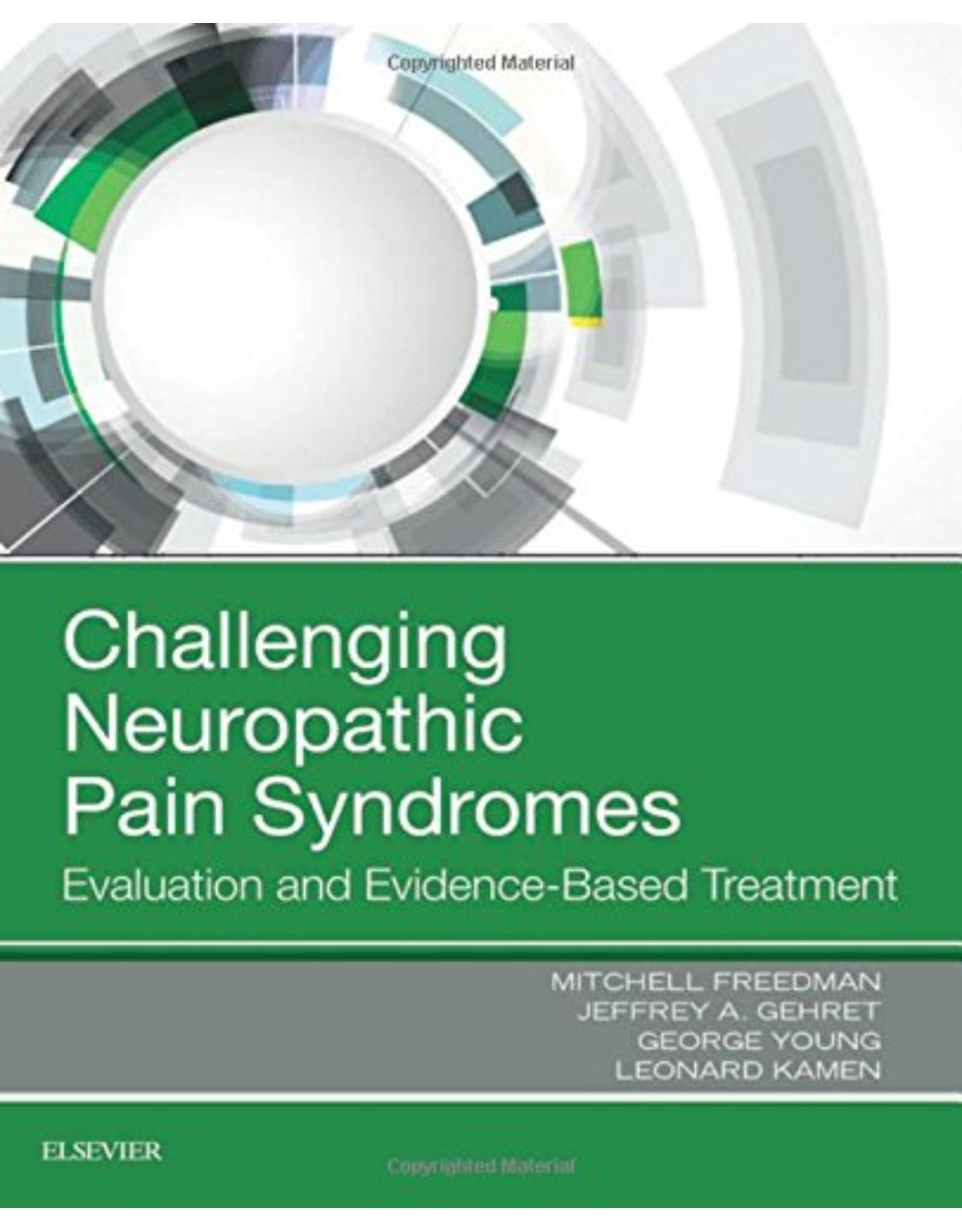
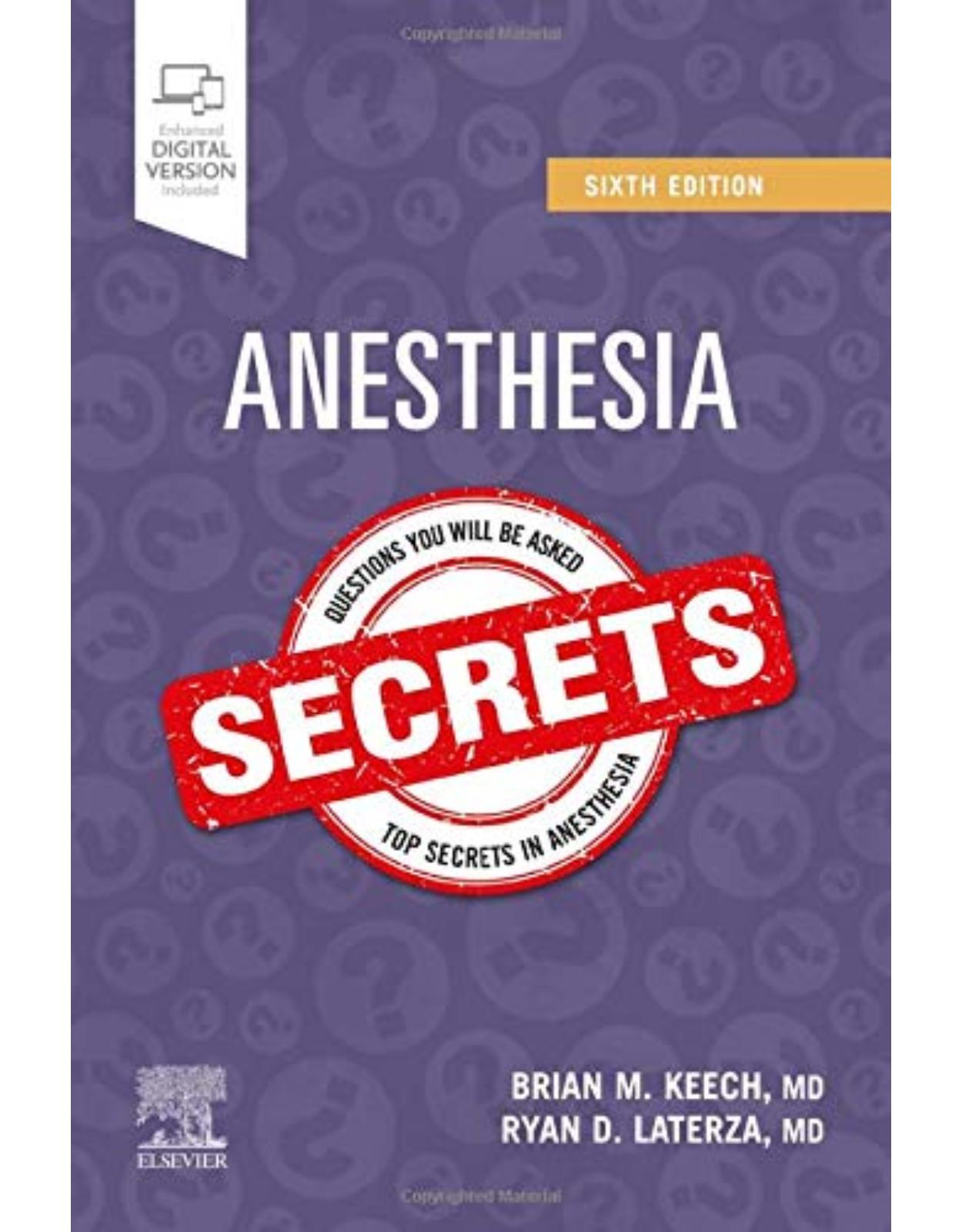
Clientii ebookshop.ro nu au adaugat inca opinii pentru acest produs. Fii primul care adauga o parere, folosind formularul de mai jos.